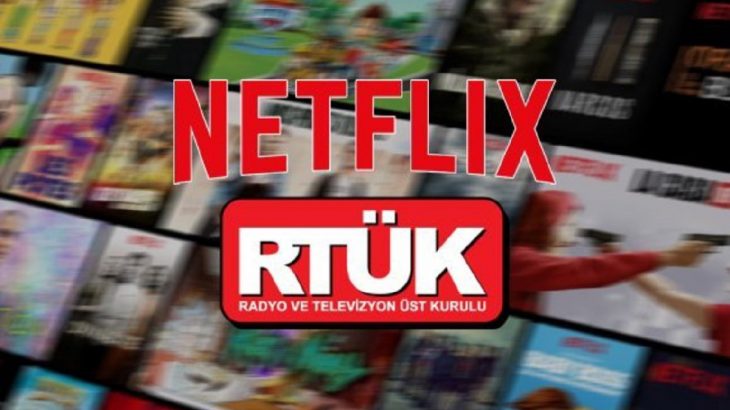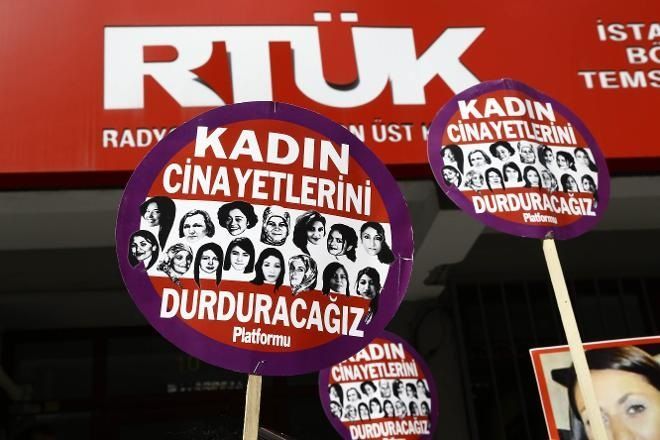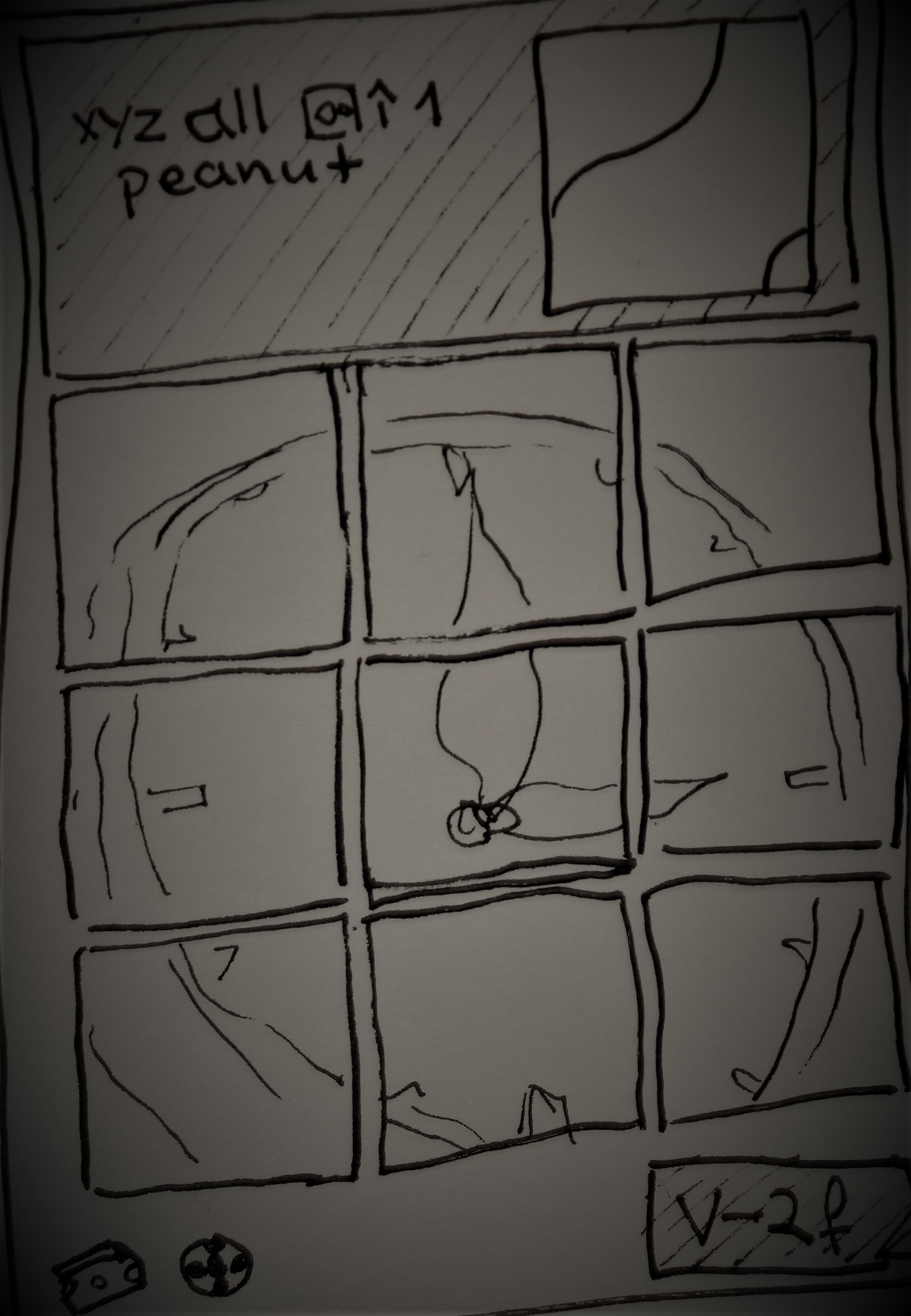This post entails the historical process of the Turkish entertainment industry, dealing mostly with the point where the streaming of TV series has gotten today. A true insight on factors like context and the medium is key to understand the censorship dynamics present in today’s Turkish entertainment scene.
Turkey is renowned for a rapid and systematic production of TV series for nearly 20 years. Now, you may think that you haven’t heard of this matter before. That is because these mentioned series encounter with a great demand that result in a huge market mostly in Middle Eastern countries, in terms of reaching larger audiences than just a Turkish one. Turkey being positioned as a literal and conceptual bridge between the East and the West, has had abilities to produce more liberal visual content compared to highly conservative Muslim countries. The plot, characters, setting and stories told were therefore very appealing to Middle Eastern audiences, presenting themselves as reformist entertainment products still coming from a “Muslim” country. Over the years, countless masterpieces of TV series and book adaptations have been sold to Middle Eastern countries. Censor was barely a discussion regarding their context, as long as the series’ elements stayed in between the lines of human ethics and relatively loose Muslim values.
Until recent years.
Before the age of Netflix, and its Turkish equivalents of online streaming platforms, Turkish television series were given the space to tell the stories of lovers, corrupt families, unethical matters, underprivileged communities and violent groups. What you could see on TV included intimacy (real kissing scenes, hints leading up to sexual intercourse, adultery) and violence (fights, gun shootings, gambling and drugs). All of which were normalized in terms of how they were chosen to be depicted on screen. Gradually over the years, the Radio and Television Supreme Council (RTÜK) who is responsible for the supervision of the TV content, tightened up its rules and left little space for producers and directors to create shows that were representative of their vision. In-depth love scenes started being left out, so did character traits that “went against societal norms”. We started no longer seeing any kissing scenes, no gay characters; yet scenes entailing gun violence and abuse still kept their on-screen presence. This, of course, had a lot to do with the increasing corruption of the government and their non-liberal processes of decision making that would touch upon many elements of the society, primarily those that concern freedom of press and of expression.
Around the time, or even before Netflix entered the Turkish market, online streaming platforms such as puhutv and BluTv were found, as places of “escape” from the rigid censorship enforcements. The creatives of the industry, notably renowned directors, actors, and producers started creating exclusive content for these online streaming services. The results were intelligently created content that the Turkish society was very much craving for. Everybody was grateful for this opportunity and how it was able to carry the industry -alongside its many actors- to its full potential in terms of quality, cleverly written content, beautifully shot scenes, and a more accurate representation of the modern Turkish youth.

However; this phase of unregulated content creation and freedom of expression to its fullest, did not last long. An unexpected decision was made by RTÜK a on August 1 2019, declaring that even the online content, including those of Netflix, would have to go under their censorship regulations. This was received by a huge reaction from people, resulting in days of protest, and creation of trending slogans such as #netfliximedokunma (roughly translated as don’t touch my Netflix). The council accused online shows and series for “going against moral values” simply by representing marginalized groups, promoting female empowerment, encouraging usage of drugs and many other elements that are rightfully present in modern visual content that we consume.

On the other hand, cases of domestic abuse, homophobia, child misconduct, and violent acts have increased over the years. This is something Turkey is not alone with, given the right wing tendency that the world is showcasing nowadays. The Turkish government even went as far as arresting some of the most successful Turkish rappers in the past year, due to their so-called “encouragement towards drug usage”. Yet, and I hereby give you the main argument of the public, almost all the series currently streaming on television heavily contained elements that could easily be taken as an encouragement to gun violence, sexism, female and child abuse. But they were somewhat invisible to the eyes of RTÜK.
Here we see a very irregular pattern of rules when it comes to censorship. While the presence of guns, abuse and other socially embedded malfunctions were not considered as materials of censor; representation of the LGBTQI+ community, sex, usage of drugs and social taboos along the same lines had to go under brutal censorship. Ethical inquiries concerning which of the aforementioned elements are drawing a worse (!) image on the society are still being made towards the authorities and among the public. Many valid arguments have been made by audiences, shaming the government and the council for their idiotic provisions.
I couldn’t possibly continue writing about this given the length and many contributing actors of the issue, let alone coming up with a conclusion. All I have to say is that it is very frustrating to try and acknowledge the point my country of origin has come, or is yet to come. Nevertheless, no measures have so far been taken regarding the streaming platforms.
And I must add that it is not, and has never been that easy to make Turkish people obey futile censorship.



Recent Comments